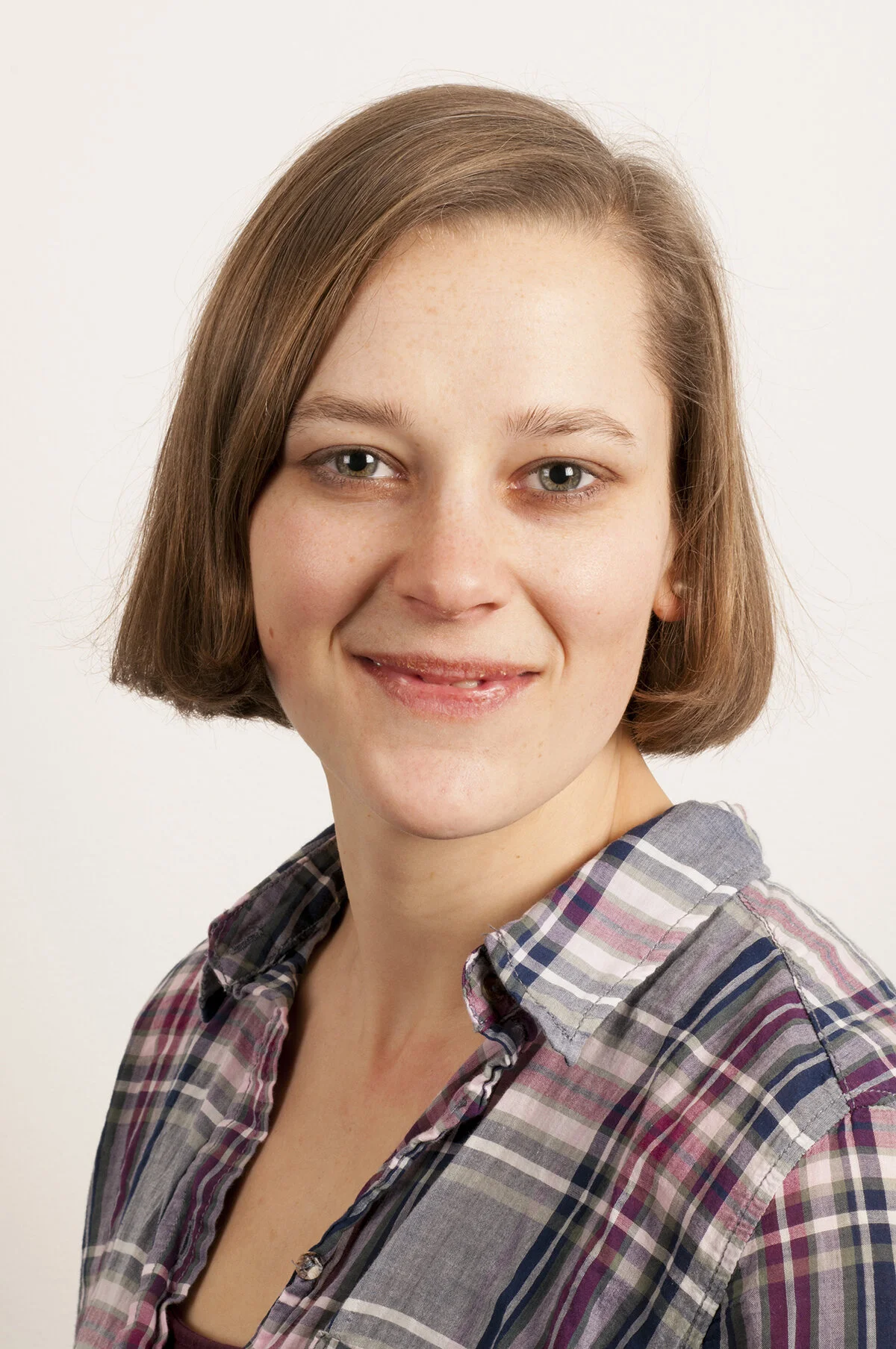The Commission, Brexit, and my time in Leuven!
Submitted by Maastricht University on Tue, 01/14/2020 - 11:37
by NORTIA early career residency fellow Anke Schwarzkopf, ARENA & University of Oslo
When I arrived in Leuven in the beginning of October 2019, the selection process of the new Commission under Ursula von der Leyen was in full swing. The hearings were ongoing and the Members of the Parliament had already rejected the candidates from Hungary and Romania. Interesting times, to cut things short.
Apart from the ups-and-downs in the Commission hearings, the ever-present Brexit was a dominant topic during of my two-month stay at KU Leuven’s institute for International and European Studies (LINES).
I had set two goals for my research stay in Leuven, firstly, to conduct interviews with EU officials for my new research paper on the Global Compact on Migration, and secondly, to present and discuss my current research paper on the EU in the negotiations towards an Arms Trade Treaty. Upon arrival, I dived right in and contacted a large list of EU officials in the European External Action Service, different departments of the European Commission, and in the Council of the European Union. Experience had shown me that it usually takes quite some weeks to get a response, and considering my limited time and the busy atmosphere in Brussels, I expected some waiting time. To use the wait, I returned to my current research on the role of the EU in the multilateral negotiations towards an Arms Trade Treaty. As I had the great honor to being invited to the “Women’s Writing Group” at my institute, I enjoyed the exchange and time with a group of smart young researchers and at the same time.
In the meantime and only few days after my arrival, the French candidate Sylvie Goulard, was rejected by the Members of Parliament and caused failure of the deal between Von der Leyen and Macron. It would also be the end of the first European Commission with full gender parity among the Commissioners.
After time was passing quickly and several interview denials due to time constraints (it really were busy times in Brussels), I conducted my first interview meetings. Apart from useful and promising information for my research project on the role and contribution of the EU to the multilateral negotiation process towards the Global Compact on Migration, I also had a few very interesting discussions on the new Commission President and the selection of Commissioners. While many EU officials were positive about the new energy and ideas that Von der Leyen brought to Brussels, some also worried about her rhetoric towards even more securitization of ongoing topics. Particularly concerning the EU’s future migration policy, little hope was expressed that Von der Leyen would see this as anything else than a security issue and the need for more border protection. Time will show whether all the fears and hopes are coming true….
And then, the Brexit deadline appeared…and disappeared. I am not sure whether anyone really believed the October deadline would be met, I, in any case, was very little surprised by the re-scheduling…
Before leaving, I also received the chance to present my current draft paper to the PhDs and researchers at LINES. It was a great pleasure presenting my ideas and arguments, and having a useful and also critical discussion. I want to use this chance to thank all of the colleges that took the time to read and comment on my paper, I really appreciate the feedback and the input!
So just 2 days before I packed my stuff and headed back to Oslo, the Commission was finally accepted by the European Parliament. It must have been a huge relieve for Von der Leyen to get her Commissioners finally in place and ready to start their work on December 1. The end of Brexit was however still not in sight….

